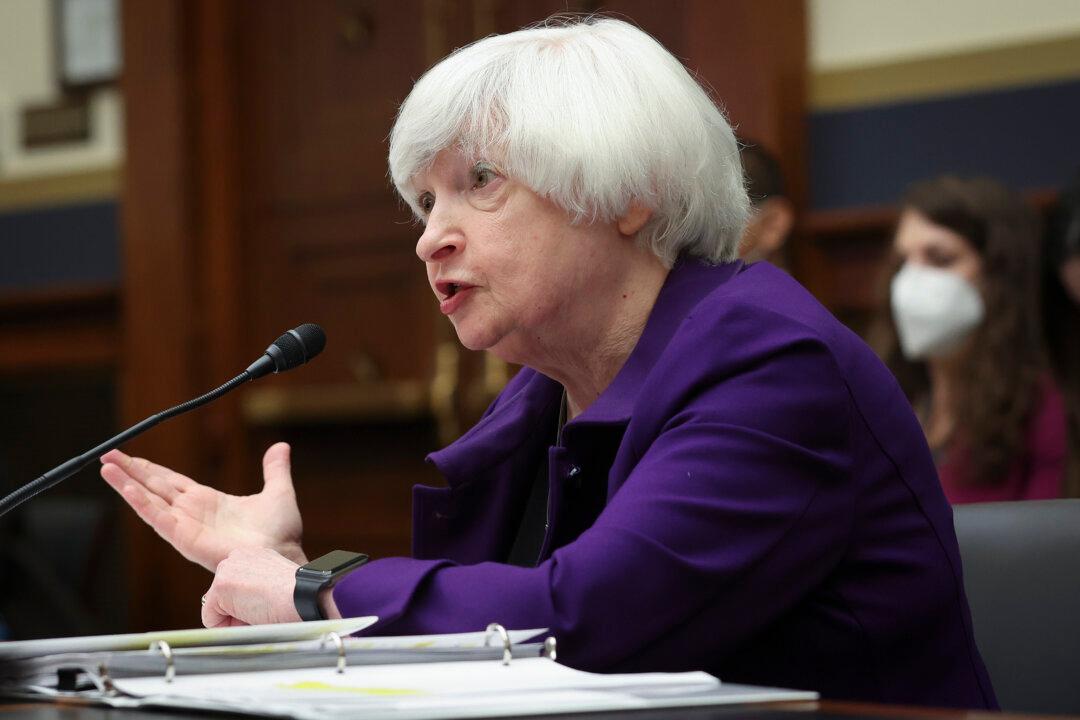News Analysis
U.S. Treasury Secretary Janet Yellen recently admonished China for its refusal to condemn Russia over the Ukraine invasion.

U.S. Treasury Secretary Janet Yellen recently admonished China for its refusal to condemn Russia over the Ukraine invasion.